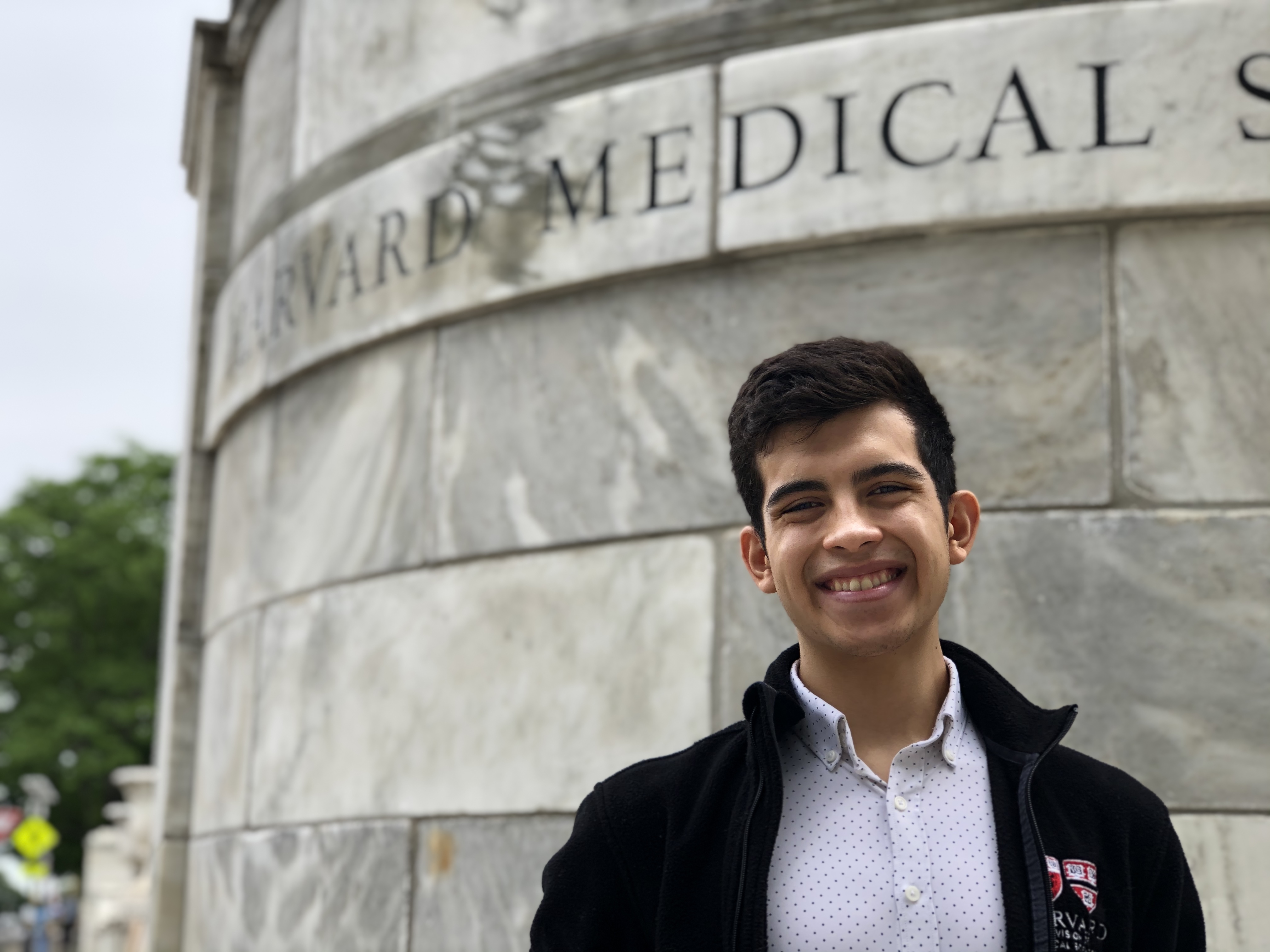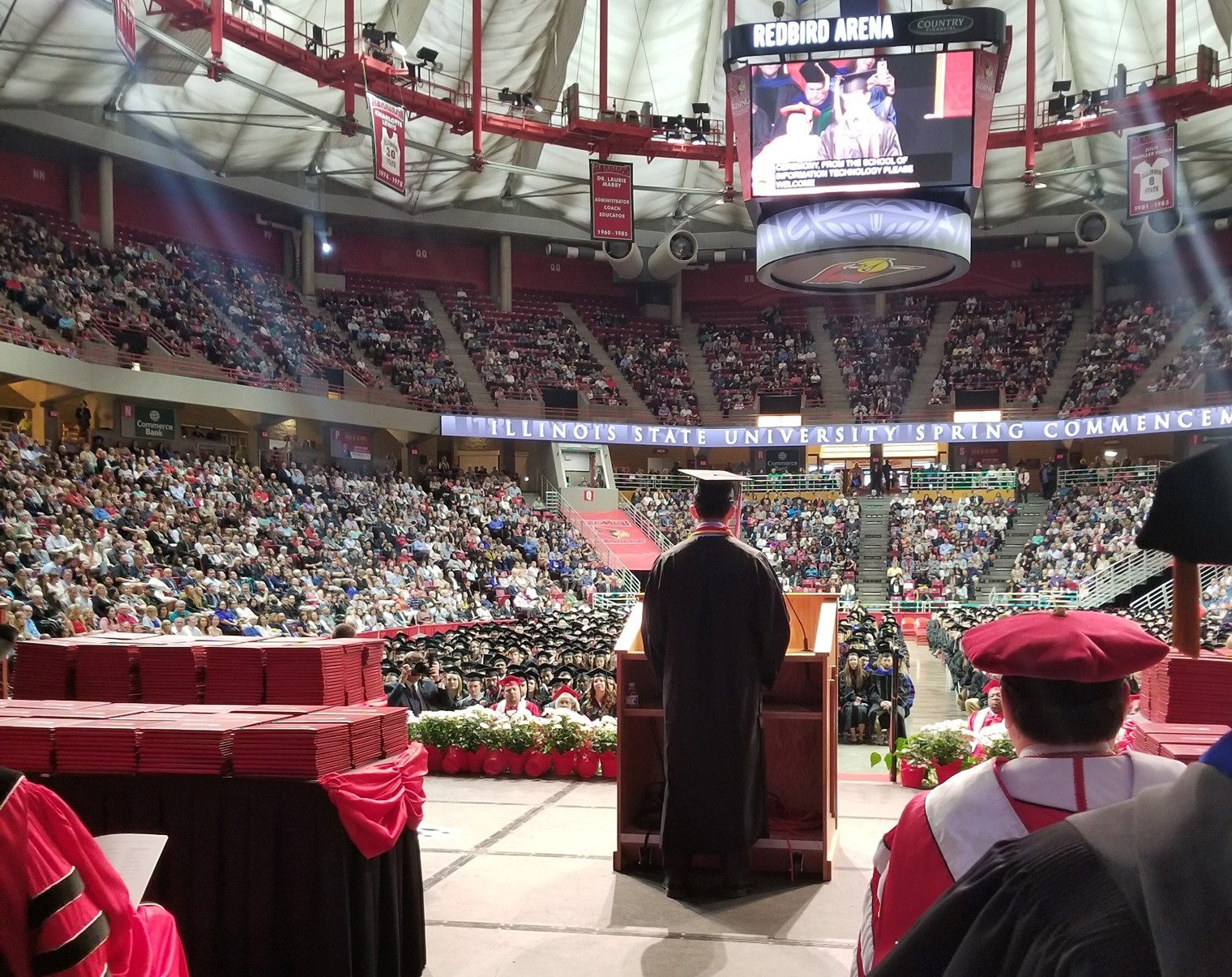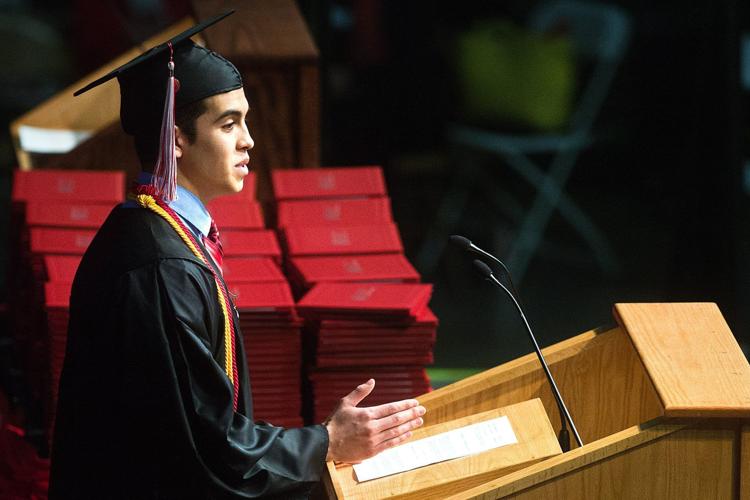Basheer Becerra's Personal Site
Thank you for visiting my personal website. To view my CV, please click here or view my one-page resume here.
Personal website last updated: 12/5/2021
Hello World!

My name is Basheer Becerra (pronounced as BUH-sheer
beh-SEH-ruh).
I am currently a third year PhD
candidate in Bioinformatics & Integrative Genomics (BIG)
attending Harvard Medical School. I graduated from
Illinois State University with a double major in computer science
and statistics and a biology minor.
My thesis work (with co-advisors Dr. Luca
Pinello and Dr. Daniel Bauer) involves
leveraging emerging CRISPR-Cas genome editing tools such as base-editors to perform screens
to understand the function coding and non-coding sequences and SNPs. As induction of fetal
hemoglobin serves as an opportunity for therapeutic intervention of beta-hemoglobinopathy,
these screens aim to identify regulatory elements of fetal hemoglobin.
This work is a part of the NHGRI IGVF initiative.
From this work, I specifically:
-
Perform and develop generalizable screening approaches in the lab for characterizing
non-coding and
coding elements.
- Develop upstream and downstream computational methods for screen
design and analysis, respectively.
Professional Summary
General summary of professional/research experiences and goals
G3 Bioinformatics Ph.D. student with experimental and computational skills specifically in genome editing screens, statistics and machine-learning, and software engineering.
Specifically, I am interested in developing screening approaches and computational methods used to study biological mechanisms (i.e. regulatory mechanisms of non-coding elements) and identify therapeutic targets (i.e. induction of fetal hemoglobin for beta-hemoglobinopathies).
Publications
Ganz, J., Maury, E.A., Becerra, B., Bizzotto, S., Doan, R.N., Kenny, C.J., Shin, T., Kim, J., Zhou, Z., Ligon, K.L. and Lee, E.A., 2021. Rates and patterns of clonal oncogenic mutations in the normal human brain. Cancer Discovery.
Rube, H.T., Rastogi, C., Feng, S., Kribelbauer, J.F., Li, A., Becerra, B., Melo, L.A., Do, B.V., Li, X., Adam, H.H. and Shah, N.H., 2021. Probing molecular specificity with deep sequencing and biophysically interpretable machine learning. bioRxiv.


Variant calling using bulk whole exome sequences, bulk RNA-seq, and single-cell RNA-seq of prostate cancer patient samples to determine presence of clonal hematopoiesis of indeterminate potential (CHIP) somatic mutations.
Rotation Student with Dr. Christopher Walsh at Boston Children’s Hospital
Performed somatic variant calling of normal GTEx brain RNA-seq samples to determine association of somatic mutational burden with age. Exploration of allele-specific expression of GTEx bulk RNA-seq brain samples to distinguish somatic and germline variants. Integration of four published fetal brain single-cell RNA-seq datasets to call differentially expressed and co-expressed gene markers potentially identifying functionally important long non-coding RNAs.
Rotation Student with Dr. Peter J. Park at Harvard Medical School
Calling and validating copy-number variants in single-cell neurons amplified from the Primary Template-directed Amplification (PTA) protocol to understand the extent of copy-number burden in neurotypical individuals.
Rotation Student with Dr. Luca Pinello at Massachusetts General Hospital
Developed semi-supervised graph-based model to predict cell-fate based on lineage barcoding information from single-cell LARRY-barcode data. Additionally, explore transcriptomic effects of CRISPR perturbations of putative enhancers related to fetal hemoglobin switching.
- Development of internal Angular 2+ UI modules for calling image-recognition machine-learning models for claims-handling as well as mobile front-end interaction with back-end web services.
- Independently developed two highly-consumed web services both deployed to production using the Java Spring Framework: a RESTful web service that conducts CRUD operations for claims file management, and a SOAP web service that dynamically generates “campaign IDs” to track original source of web page visitors for marketing analytics.
- Contributed to front-end development of State Farm’s main customer-facing claims handling interface.
- Produced 20-page research paper on the machine-learning capabilities of cloud platforms (such as AWS, GCP, Azure) in collaboration with Google vendors. Presented the results to several key stakeholders and directors to aid in cloud enablement and decision-making of cloud platform selection.
- One of the winners of the internally-held State Farm Hackathon (with over 150 teams) on an application for leveraging internal analytics for social media automation; sponsored by the Chief Marketing Executive and worked with marketing directors and AVPs to plan development of the application.
- Awarded the 2017 State Farm Innovator and Q3 2017 Special Achievement Award as an intern.